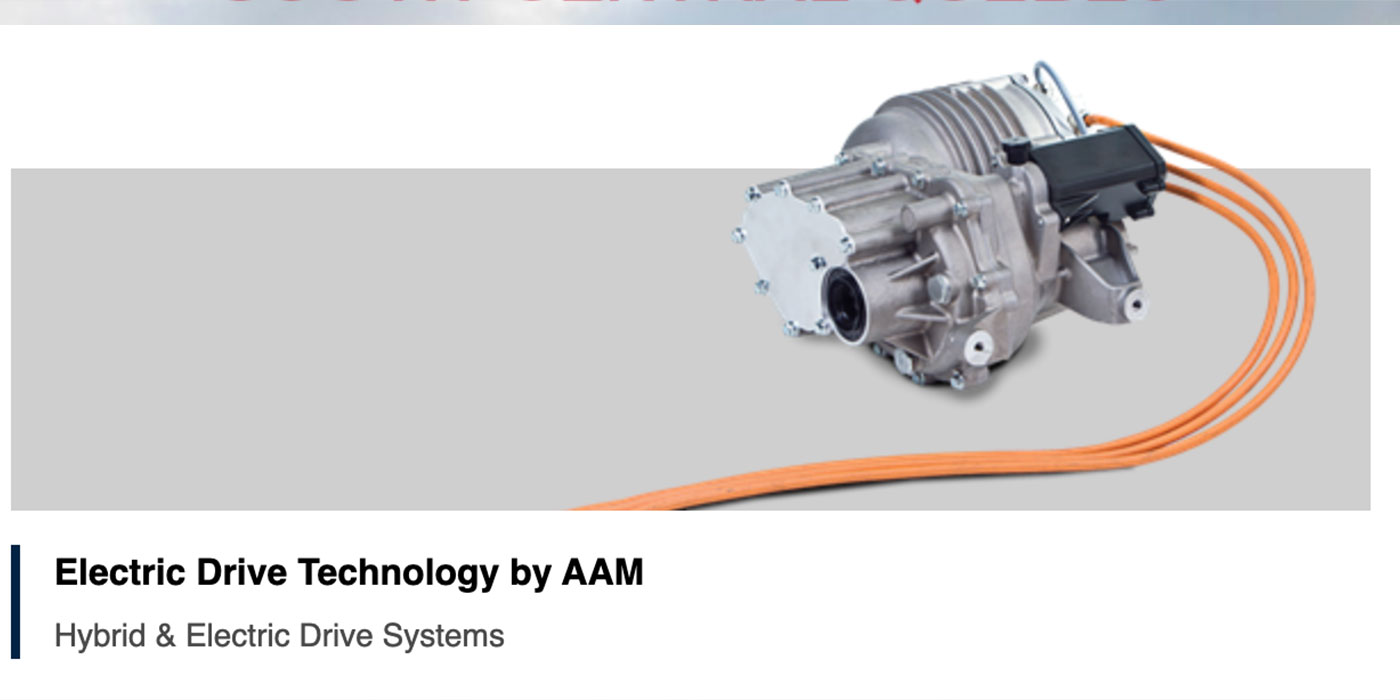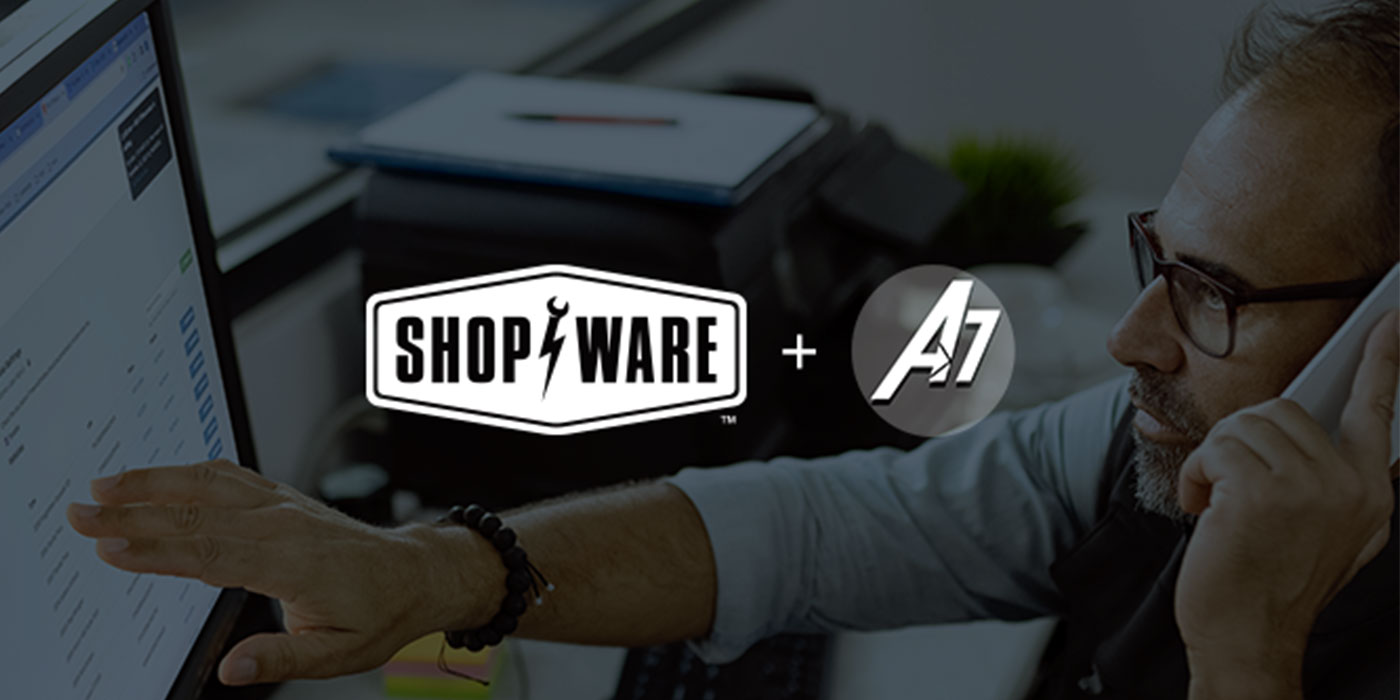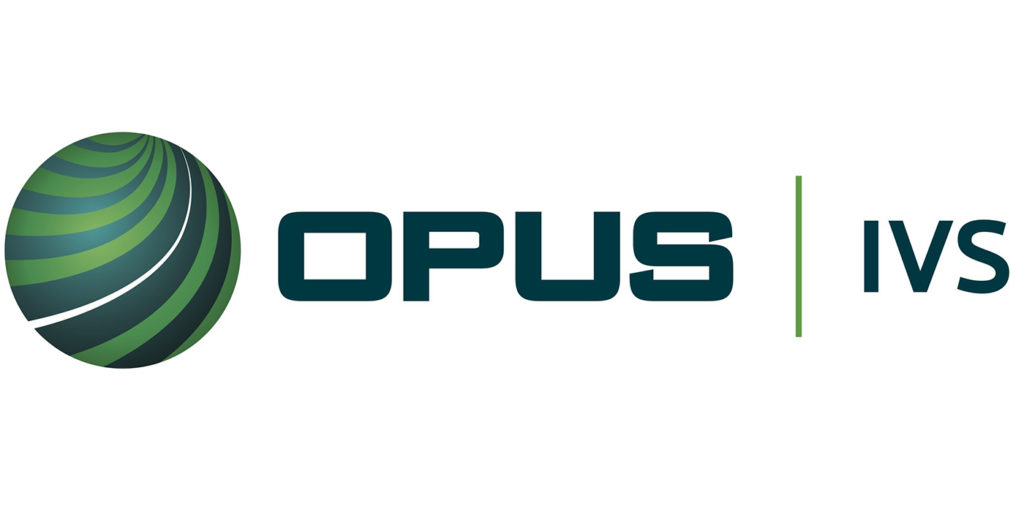NEW YORK – According to a new survey from Deloitte, global executives are increasingly concerned about the growing risks to their supply chains and costly negative impacts such as margin erosion and inability to keep up with demand. As they operate in this environment of escalating risk, 45 percent of surveyed executives say their supply chain risk management programs are only somewhat effective or not effective at all.
"Supply chains are increasingly complex, and their interlinked, global nature makes them vulnerable to a range of risks," said Kelly Marchese, principal, Deloitte Consulting LLP, who specializes in manufacturing operations and supply chain strategy. "This increased complexity, coupled with a greater frequency of disruptive events such as geopolitical events and natural disasters, presents a precarious situation for companies without solid risk management programs in place."
According to the global survey of 600 executives, supply chain disruptions are not only more frequent, they are also having a larger negative impact.
Among the findings:
· More than half (53 percent) of executives said that supply chain disruptions have become more costly over the past three years.
· Executives from the technology, industrial products and diversified manufacturing sectors were most likely to report that supply chain disruptions have become more costly.
· Nearly half (48 percent) of executives said the frequency of risk events that had negative outcomes – such as sudden demand change or margin erosion – has increased over the past three years.
Margin erosion is considered the most costly outcome of supply chain disruptions, with 53 percent citing it as one of their top two issues. Consumer products and diversified manufacturing and energy companies were especially likely to report margin erosion as one of their most costly issues, Deloitte said.
Forty percent of respondents cited "sudden demand change" as one of their two most costly problems – a reflection of ongoing challenges involved with growing customer expectations, short product cycles and emerging competitive challenges. Executives at retail and technology companies, which operate in a world where markets change rapidly, were most likely to identify demand change as being costly.
Executives surveyed recognize the strategic importance of supply chain risk, with 71 percent responding that supply chain risk is an important factor in their strategic decision-making. Nearly two-thirds (64 percent) claim to have in place a risk management program specific to the supply chain.
However, only 55 percent of surveyed executives think their risk management programs are extremely or very effective. The top two challenges according to executives surveyed were "lack of acceptable cross-functional collaboration" (32 percent), followed by "cost of implementing risk management strategies" (26 percent).
There are also organizational factors making effective supply chain risk more difficult: Three-quarters (75 percent) of executives said their supply chain risk management model is organized around silos, which can lead to a lack of supply chain visibility and collaboration, and make it difficult to assess and manage risk on a holistic basis.
Although surveyed executives report using a wide range of tools to manage risk, only 36 percent use predictive modeling and less than one-third (29 percent) use risk sensing data, worst case scenario modeling or business simulation – all tools that help drive more proactive management of supply chain risk.
"Many companies have some form of a supply chain risk management program, but unfortunately they do not always get the results they need from these programs," said Marchese. "To be effective, companies should take a holistic and integrated approach to managing supply chain risk and go beyond traditional approaches. Because of the complex nature of today’s supply chains, disruptions will inevitably occur. True resilience means building in the ability to recover efficiently and decrease the impact of those events."
According to Deloitte, which was recently named a Vanguard Leader, based on capabilities, by Kennedy in Supply Chain Risk Management Consulting, the four important attributes that are critical to supply chain resilience are:
· Visibility: The ability to monitor supply chain events and patterns as they happen, which enables companies to proactively — and even preemptively — address problems.
· Flexibility: Being able to adapt to problems efficiently, without significantly increasing operational costs, and make timely adjustments that limit the impact of disruptions.
· Collaboration: Having trust-based relationships that allow companies to work closely with supply chain partners to identify risk and avoid disruptions.
· Control: Having policies, monitoring capabilities and control mechanisms that help confirm that procedures and processes are actually followed.
A copy of the 2013 Global Supply Chain Risk survey report can be accessed at www.deloitte.com/us/supplychainrisksurvey.
About the survey
Deloitte conducted a survey of 600 executives from manufacturing and retail companies with a minimum of $100 million in annual revenues to assess their attitudes and challenges in managing supply chain risk. The survey was conducted via both telephone and online interviews from July to October 2012. Thirty-six percent of the companies are headquartered in North America, 28 percent in Europe, 11 percent in China, 11 percent in Japan and 7 percent in Brazil.
Opus IVS Adds Tech Advancements, Extended ADAS Support
The new Giotto software update offers comprehensive support for MY24 vehicles.
Opus IVS launched the Giotto software's latest iteration, release 22.0, which integrates into its DriveSafe and DrivePro products. The newly enhanced Giotto release offers comprehensive support for MY24 vehicles, along with advanced system coverage across nearly every North American make, the company said. The latest content update brings the entire MY24 range of VW/Audi within reach, complemented by additional ADAS support for GM vehicles. Furthermore, Opus IVS has introduced enhanced EV coverage for GM trucks.
AAM’s Next-Gen Electric Drive Systems on Display at CES
Among the products showcased at CES will be AAM’s electric drive units, e-Beam technology and component technology.

Shop-Ware Partners with Amazing 7 on Phone Integration
The integration allows repair shop staff members to gain valuable context to incoming phone calls and respond to customers accordingly.

Continental, Synopsys Team Up on Automotive Software Development
The collaboration aims to accelerate the development and validation of software features and applications for the Software-Defined Vehicle.

Epicor Unveils Digital Cataloging, Future Plans
The new catalogs use Epicor-validated, ACES-compliant data and an “Intelligent Search” feature to find the right part quickly.

Other Posts
Epicor Launches Automotive B2B eCommerce Platform
The Epicor Commerce for Automotive platform features multi-seller support and parts lookups for distributors and their customers.

Marelli Launches Fuel System for Hydrogen Propulsion Systems
Marelli will present a variety of new technology at the CTI Symposium in Germany, Dec. 5-6.

The Automotive Aftermarket’s Role in a Circular Economy
Take a deep dive into the factors driving the automotive aftermarket toward a more circular economy.

AI in the Aftermarket: Endless Applications Yet Hurdles Remain
The automotive aftermarket is delving into AI and ways it can help businesses be more productive and effective.






